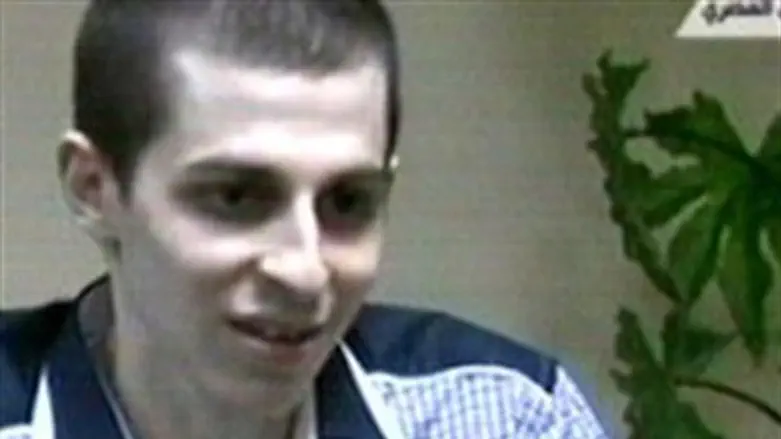
Shahira Amin, the Egyptian anchorwoman who badgered IDF soldier Gilad Shalit just moments after his release from over five years in the hands of the Hamas terror organization, said she was unaware he answered her questions under compulsion.
Israeli officials say the notion their counterparts in Cairo would allow anyone access to Shalit before handing him over to Israel was so far beyond the pale that it was not raised during negotiations governing the technical details of the swap.
Defense officials, embarrassed and infuriated by the interview, stressed that the TV interview was not undertaken with Israel's consent, coordination or knowledge.
"We are all shocked that a so-called interview was forced on (Shalit) before he could even talk to his family or set foot on Israeli soil," an Israeli official said.
But Amin insists the harsh criticism of her interview, described as "cruel" and "almost torture" by some Israeli media personalities, is misplaced and should be directed at the officials in Cairo who approved it.
She said she went through normal channels to request the interview, and that it was only confirmed at the last moment and conducted with very little preparation. Amin added she had no idea the interview was forced.
Critics say that passing the buck to official channels, who wanted to make the most of Egypt's part in the deal, is no excuse for her heartless behavior.
A civilized person would conclude that Shalit, held in isolation for over five years by Hamas, handed over to Egyptian authorities moments beforehand, and waiting to feel the safety of reunion with his parents and countrymen, was in no state of mind to give or deny his consent.
Amin did concede to Israeli reporters that she sensed he Shalit was overwhelmed, disoriented, and that he was in poor health during the interview, but justified pursuing him with jingoistic anti-Israel questions saying she felt it was important to highlight Egypt's role in bringing his release about.
She also insisted her questions were her own, inspired by her compassion for the 'Palestinian people,' unwittingly putting the responsibility back on her own shoulders. Her questions were about the Palestinian murderers still in prison, however. She claimed that she felt the same compassion for Shalit, who, of course, was abducted randomly and not arrested for terror.